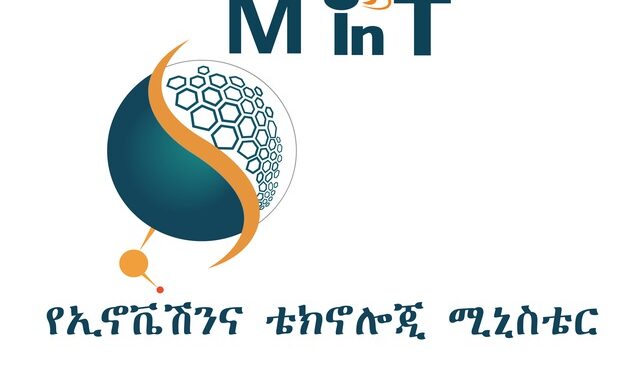The Federal Democratic Republic of Ethiopia has unveiled a draft policy aimed at building a thriving startup ecosystem across the country. Developed by the Startup Ethiopia Ministerial Committee Technical Team, the “Startup Ecosystem Development Policy Document” provides a comprehensive framework to support startups at every stage of their journey — from initial ideation to market expansion and beyond. The government is now seeking public feedback on this document, inviting insights and comments to shape a more inclusive, responsive policy.
The draft policy is driven by a vision of fostering “Eureka moments” — the sparks of inspiration that often lead to groundbreaking ideas and products. By nurturing these moments, the government aims to strengthen startup innovation as a driver of economic growth, job creation, and technological advancement. The policy highlights the crucial role startups play in energizing the economy and emphasizes the government’s commitment to enabling Ethiopia’s entrepreneurial spirit.
The Ethiopian startup landscape faces a unique set of challenges, which the policy document identifies in detail. These include a lack of clear definitions and guidelines for what constitutes a “startup,” an underdeveloped startup culture, limited funding opportunities, regulatory complexities, challenges in market acceptance, and insufficient access to skilled manpower. Despite these barriers, the policy underscores the country’s strengths, such as a young population interested in entrepreneurship, a growing commitment from the government to support startups, and increasing backing from international partners, all of which point to strong potential for growth.
With these opportunities and challenges in mind, the policy draft outlines strategic objectives to create an environment that allows startups to thrive. It seeks to clarify the definition of startups, distinguishing them from small businesses and other enterprises to ensure resources are directed effectively. Financial support mechanisms are also proposed to address the startup ecosystem’s specific needs, alongside fostering collaboration between key stakeholders like incubators, accelerators, investors, educational institutions, and government agencies. Simplifying regulatory procedures through a sandbox approach and establishing systems to monitor progress are also presented as foundational elements of the policy.
Defining what constitutes a “startup” within the Ethiopian context is another focal point. The policy aims to create a tailored definition, focusing on innovative, scalable, and growth-driven ventures. This clear delineation sets startups apart from other business types, allowing the government to channel resources to those with the potential for high impact. Likewise, the policy introduces the concept of “ecosystem builders” — organizations such as incubators, accelerators, and investment institutions that contribute to the support infrastructure for startups, ensuring that the entire ecosystem receives comprehensive backing.
Acknowledging that the needs of a startup evolve with each growth stage, the policy proposes a stage-based support system. The startup lifecycle is divided into distinct phases, beginning with the pre-seed stage, which focuses on ideation and mentorship, followed by the seed stage, where financial support is prioritized to develop an MVP (minimum viable product) and gain initial traction. As startups progress, the growth stage brings targeted support in areas like market expansion, infrastructure access, and skilled talent acquisition. For those in the scale-up stage, the focus shifts to market growth, research and development, and exploring international opportunities. Finally, the policy provides exit-stage support to assist startups with acquisition or public listing strategies, creating a full spectrum of assistance that aligns with the lifecycle of a startup.
To create a strong foundation for the startup ecosystem, the policy emphasizes the need for robust infrastructure. Initiatives like a National Digital Startup Portal, streamlined work permits for foreign talent, and incentives for international startups looking to enter the Ethiopian market are all intended to establish a welcoming environment for entrepreneurs. Financially, the policy proposes a National Credit Guarantee Scheme and a Startup Grant Program to ease the financial challenges of startup growth. There are also provisions to support ecosystem builders, especially incubators and accelerators, which play a vital role in guiding startups and fostering growth.
In an inclusive move, the government is now inviting public feedback on the draft policy. By opening up the conversation, the government hopes to gather insights from entrepreneurs, investors, and other stakeholders across Ethiopia’s startup ecosystem. This feedback will inform the policy’s final version, ensuring that it reflects the needs and aspirations of the startup community, which is essential for creating a supportive and sustainable environment.
The Startup Ecosystem Development Policy Document marks a pivotal step toward building a dynamic, innovative business landscape in Ethiopia. With a clear vision, tailored support systems, and an open approach to policy development, the government is laying the groundwork for a thriving startup ecosystem that has the potential to fuel sustained economic growth and position Ethiopia as a hub for innovation.
Get the draft document here: https://t.me/MinTEthiopia/5179
You can give your feedback on the policy via: [email protected]























